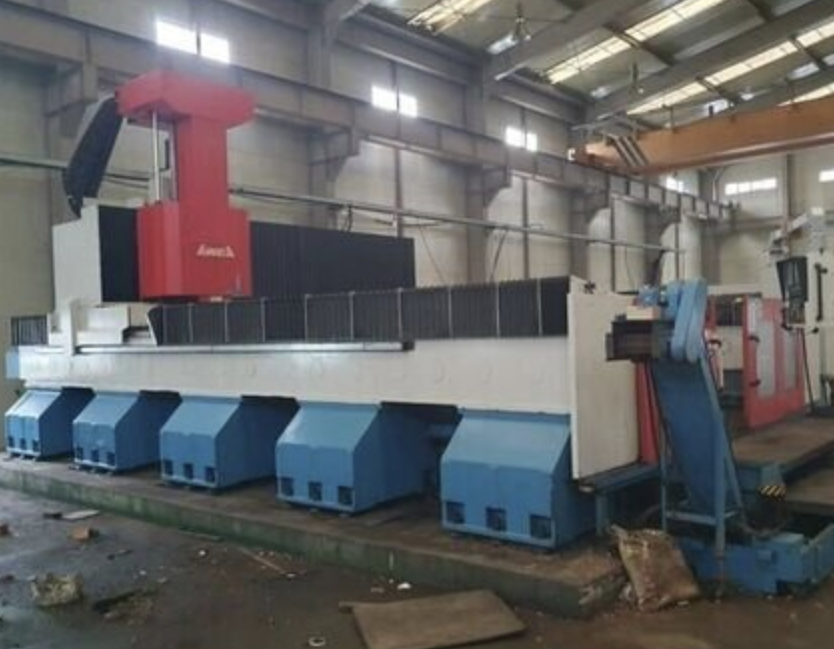
Posted on Monday, November 4, 2024
Choosing between second-hand and brand-new machines is a critical decision for businesses in South Africa’s growing industrial and manufacturing sectors. Factors such as cost, reliability, technological advancements, and industry-specific requirements all play a role.
South Africa’s industrial growth relies heavily on machinery for manufacturing, mining, agriculture, and metal fabrication. With budget constraints and a strong focus on sustainability, many businesses are exploring second-hand options. However, newer machines often promise higher efficiency and cutting-edge technology. Let’s break down the pros and cons of each option.
South Africa’s energy challenges mean energy-efficient machines can make a significant difference in operating costs.
Businesses with in-house maintenance teams may find second-hand machines manageable, while those lacking expertise may prefer the reliability of new equipment.
SMEs and startups may prioritize second-hand machines to stretch their budgets.
Determining whether a new or second-hand machine is the right choice involves assessing factors like budget, production demands, and long-term goals. For some, the latest features and warranties of new machines may outweigh the cost savings of second-hand equipment. Others may find that pre-owned machines offer the best balance of cost and performance.
The biggest advantage is reliability and the inclusion of the latest technology, which ensures high productivity and minimal downtime.
Used machines may have hidden issues such as worn parts or outdated technology, leading to higher maintenance costs.
Yes, many second-hand machines can be upgraded to include newer features, though this may add to the cost.
Work with reputable dealers, request detailed maintenance records, and conduct a thorough inspection before purchasing.
A: If your budget is limited and you can verify the machine’s condition, a used CNC machine can be a smart choice. However, if precision and reliability are critical, consider investing in a new one.
A: Yes, many suppliers offer financing plans or lease options, making it easier for businesses to afford new equipment.
A: TCO includes the purchase price, installation costs, maintenance, energy consumption, and any downtime costs over the machine’s lifespan.
Both second-hand and brand-new machines have their advantages and disadvantages, and the right choice depends on your specific needs, budget, and industry. By carefully evaluating the factors outlined above, South African businesses can make informed decisions that balance cost and operational efficiency.
If you need help selecting the right machine for your business, contact us at Machine Matcher. We specialize in matching businesses with the perfect roll forming machines, whether new or used.

Used Purlin Roll Forming Machines for Sale Worldwide
Posted on Sunday, January 25, 2026
Pre-Owned Roll Forming Machines for Purlin & Structural Steel Profiles

Used Roof Panel Roll Forming Machines for Sale Worldwide
Posted on Sunday, January 25, 2026
Pre-Owned Roll Forming Machines for Roofing Panel Production

Used Roll Forming Machines for Sale Worldwide
Posted on Tuesday, January 20, 2026
Pre-Owned Roll Forming Machines with Inspection, Verification & Global Support

Steel Coil Supply for Roll Forming Machines Worldwide
Posted on Tuesday, January 20, 2026
Reliable Steel Coil Supply for Roll Forming, Fabrication & Manufacturing Applications
Copyright 2026 © Machine Matcher.